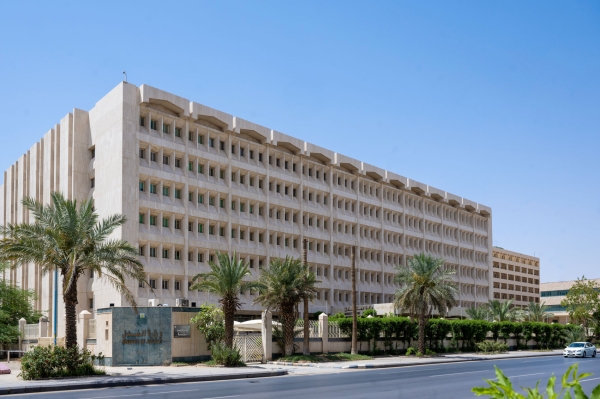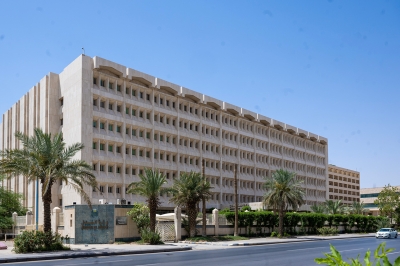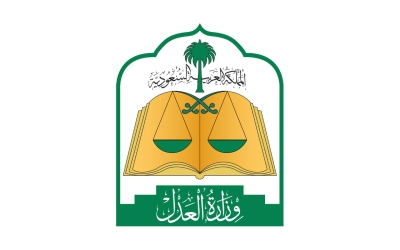

The Enforcement Law in the Kingdom of Saudi Arabia is a set of legal rules governing the work of the enforcement court in the Kingdom. It aims to clarify the role and duties of the enforcement judge, the conditions for accepting enforcement rulings, enforcement in Family Law matters, insolvency, and several other provisions.
History of the Enforcement Law in the Kingdom
The Enforcement Law was issued in 2012, comprising approximately ninety-eight articles. Before the issuance of this specific law, the work in the enforcement courts was governed by a set of articles mentioned in the Law of Procedure before Shari'ah Courts issued in 2001. These articles range from Article 196 to Article 232, and Article thirteen of the Law of the Board of Grievances issued in 2008.
Several articles in the Enforcement Law have been amended on various dates, including Article Forty-Six, Article Seventy-Four, Article Seventy-Five, and Article Ninety. These amendments occurred in 2020 and 2022. Additionally, Article Seventy-Five was abrogated in 2020.
Features of the Enforcement Law in the Kingdom
The Enforcement Law is dedicated to regulating the work of the enforcement courts in the Kingdom. It oversees the duties of personnel working in the enforcement courts, including judges, enforcement officers, and custodians of enforcement sites, such as lands, properties, and seized assets.
The Enforcement Law also manages the auctions supervised by the enforcement court, aiming to collect funds owed to creditors. The law's provisions clarify the procedures for selling seized assets, including the number of auction days, methods of auction announcement, and the actions required by the enforcement officer until the assets are sold.
Responsibilities of the enforcement judge in the Enforcement Law
The enforcement judge is the head of the enforcement circuit and its judges, a judge of the enforcement circuit, or a judge with the power of an enforcement judge, depending on the case. Apart from judgments and decisions issued in administrative and criminal cases, the enforcement judge is responsible for the authority of compulsory enforcement and its supervision. The judge is assisted by a sufficient number of enforcement officers, and the procedures outlined in the Law of Procedure before Shari'ah Courts are followed before him. The enforcement judge is also responsible for resolving enforcement disputes, regardless of their value, according to the provisions governing summary proceedings. The judge has the authority to issue decisions and orders related to enforcement, including seeking the assistance of the police or the relevant authorities. Additionally, the judge can impose and lift travel bans, order imprisonment and release, mandate disclosure of assets, and consider insolvency claims.
Penalties in the Enforcement Law
Article Eighty-eight of the Enforcement Law stipulates that: 1- Any debtor committing any of the following crimes shall be sentenced to a term of imprisonment not exceeding seven years: a) Refusing to comply with executing a final judgment issued against him, or if his concealment or smuggling of his property is established, or if he refuses to disclose his property. b) Initiating a suit with the intention to obstruct execution. c) Resisting execution – by himself or others – by threatening or assaulting an official or a person licensed to carry out execution or committing any such acts against the creditor, or any other unlawful act intended to obstruct execution. d) Providing false statements before the court or during proceedings, or providing false information. 2- Any person who assists the debtor in committing any of the crimes provided for in paragraph one (a, b, c, and d) of this article shall be subject to the penalties stipulated in paragraph one of this article.
Implementing the Enforcement Law before the Board of Grievances
On July 24, 2023, the Board of Grievances, represented by the General Secretariat of the Administrative Judiciary Council, announced that the council had approved the start date for implementing the Enforcement Law before the Board of Grievances as of August 20, 2023. This decision was made during the council's session held at the headquarters of the Board of Grievances in Riyadh. The session also set the launch date for the digital enforcement platform, which will begin accepting enforcement requests and disputes on the same date. The priority for registering enforcement requests during the first ninety days will be given to bonds that have been outstanding for more than five years from the date the judgment became final or from the date the right arose for other enforcement bonds. The decision stipulated that enforcement requests on behalf of administrative entities must be submitted through the digital administrative enforcement platform via direct integration with government platforms. No other forms of submission will be accepted, ensuring the fairness of enforcement and the swift fulfillment of rights.
Enforcement Law development project
The Enforcement Law was issued by Royal Decree No. (M/53) on July 3, 2012, and its implementing regulations were issued on February 27, 2013. These regulations were then updated on November 9, 2017. Several articles in the law and its regulations have been amended, with the latest amendments to the implementing regulations issued by the Minister of Justice's Decision No. (7207) on January 29, 2020. These amendments included changes related to the enforcement imprisonment and service suspension. Given the significant impact of the Enforcement Law on social and economic life, and the need to balance the rights of stakeholders while achieving the objectives outlined in the judicial system according to Saudi Vision 2030, the Minister of Justice has directed the launch of a project to develop the Enforcement Law. On May 9, 2021, the Ministry of Justice published the draft project through the 'Istitlaa Platform' of the National Competitiveness Center to gather feedback from the public, the private sector, and government entities.
The project included several provisions that needed to be introduced to achieve its goals and to develop the enforcement judiciary in line with Saudi Vision 2030 and its implementing programs. Some of the most important provisions are permitting the delegation of enforcement procedures that are not judicial acts to the private sector or specialized units, activating consensual enforcement, and referring to the regulations for organizing its provisions and procedures with the possibility of delegating the execution of these procedures to the private sector, stipulating the automation of services and enforcement procedures, and utilizing artificial intelligence technologies in it, and removing the provisions related to insolvency from the law in preparation for organizing them in a separate civil insolvency law.
Related quizzes

